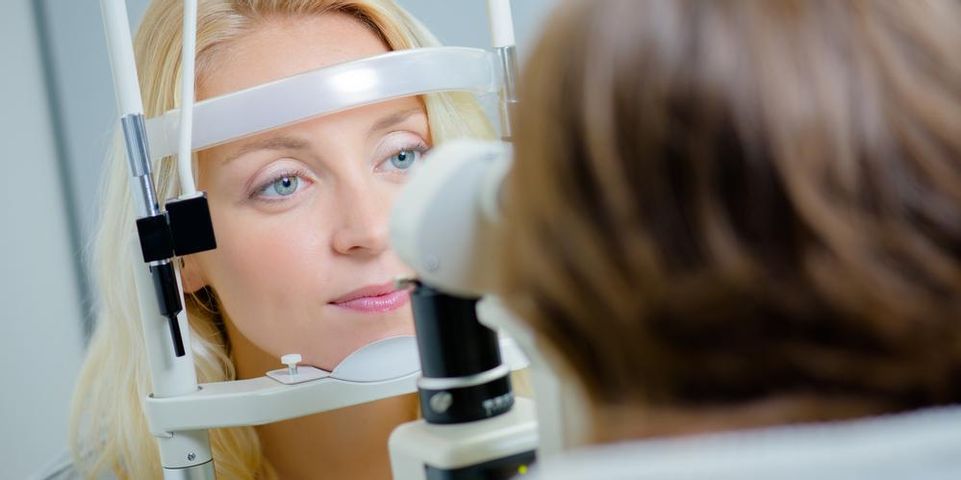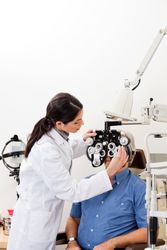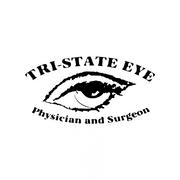3 Things You Should Expect During Your Next Eye Exam

Most people struggle with some degree of vision loss, making it hard to read in the evening or follow along with that slide presentation at work. Fortunately, eye doctors understand how to diagnose and correct a wide range of vision problems, helping you to retain your quality of life. Here are three things you might expect during your next eye exam.
Phoropter Exam
One of the first tests you will take during your vision exam includes the doctor moving a device called a phoropter in your line of vision to test your sight. By manually moving a series of lenses, your doctor will ask you to compare your level of visual acuity between two lenses. These tests are conducted on one eye at a time, and when you can see lines of projected text clearly on the wall, your doctor will cover that eye and move to the other eye. After you can see clearly through the lenses out of both eyes, you will be asked to read the text on the wall through the phoropter using both eyes, and the setting on the machine will be your prescription.
Glaucoma Test
 Glaucoma is a condition caused by excessive pressure on the inside of your eye, which can eventually damage the optic nerve and cause you to lose your eyesight. To screen for this potentially disabling condition, you will be given a glaucoma test during your eye exam. Glaucoma tests are either administered by placing a small pressure sensitive device against the surface of your eye, or by sitting in front of a specialized machine that administers a puff of air and measures your eyeball’s response. Test results for glaucoma are available immediately, allowing your doctor to treat the condition.
Glaucoma is a condition caused by excessive pressure on the inside of your eye, which can eventually damage the optic nerve and cause you to lose your eyesight. To screen for this potentially disabling condition, you will be given a glaucoma test during your eye exam. Glaucoma tests are either administered by placing a small pressure sensitive device against the surface of your eye, or by sitting in front of a specialized machine that administers a puff of air and measures your eyeball’s response. Test results for glaucoma are available immediately, allowing your doctor to treat the condition.
Eye Dilation
During your vision exam, your doctor will also check your eyes extensively for diseases and anatomical problems. Unfortunately, since your pupil contracts when the area is lit, the only way the doctor can see into the eye itself is by chemically dilating your eye with eye drops. The drops take about twenty to thirty minutes to work, but after your pupils are dilated, your doctor will be able to conduct a very thorough exam of the inside of your eye.
If you have been living with any degree of vision loss, make an appointment with the team at Middletown Tri-State Eye. Serving the Tri-State area including Milford and Middletown, this team of vision experts treats everything from dry eye and retina issues to diabetic retinopathy and cataracts. For more information about their services, explore their website or call (845) 703-2020.
About the Business
Have a question? Ask the experts!
Send your question

